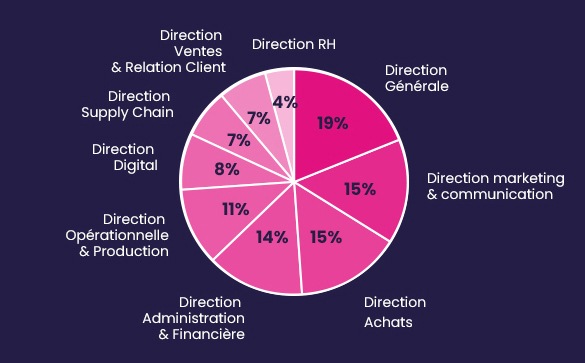En premier des qualités managériales sont attendues. Un manager de transition sait diriger une équipe, que celle-ci soit de taille modeste ou se comptant en centaines voire en milliers d’individus.
Comme il n’a pas vocation à travailler durablement dans l’entreprise, il doit s’adapter à la culture d’entreprise qu’il découvre. La rencontre humaine entre les équipes du client d’un côté et le manager de transition de l’autre est le plus souvent le premier facteur de réussite d’une mission.
Sous réserve que cette rencontre humaine soit une réussite, le client attend de lui une expérience avérée dans son secteur ou dans un secteur connaissant des problématiques comparables. Un manager ayant par exemple des expériences dans le secteur pharmaceutique s’adaptera vite à une société opérant dans la chimie fine. C’est moins vrai (ou pas du tout) si le manager vient par exemple du secteur de l’automobile dans le cas cité.
Le manager de transition maîtrise par ailleurs toutes les dimensions du métier qu’il sera appelé à exercer chez le client. La plupart du temps, mais sans que ce soit systématiquement le cas, les clients exigent de la part du manager de transition une expérience plus approfondie encore que le poste ne l’exige. Un tel modus operandi minimise les risques au moment de la prise de fonction.
Enfin, le manager de transition apporte de la méthodologie en plus de son savoir-faire métier (directeur général, directeur RH, directeur financier…). Cette méthodologie est souvent propre au contexte rencontré. A titre illustratif, un directeur financier de transition intervenant dans un contexte de retournement ou de crise aura des réflexes et une approche des problématiques rencontrées différents d’un manager de transition habitué aux contextes de croissance forte. Et réciproquement.












